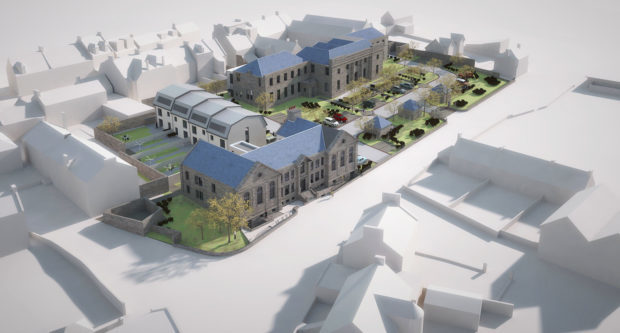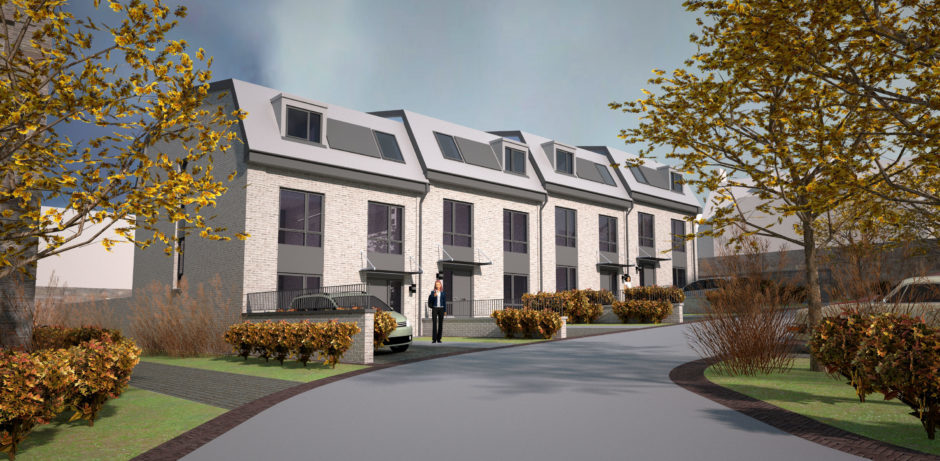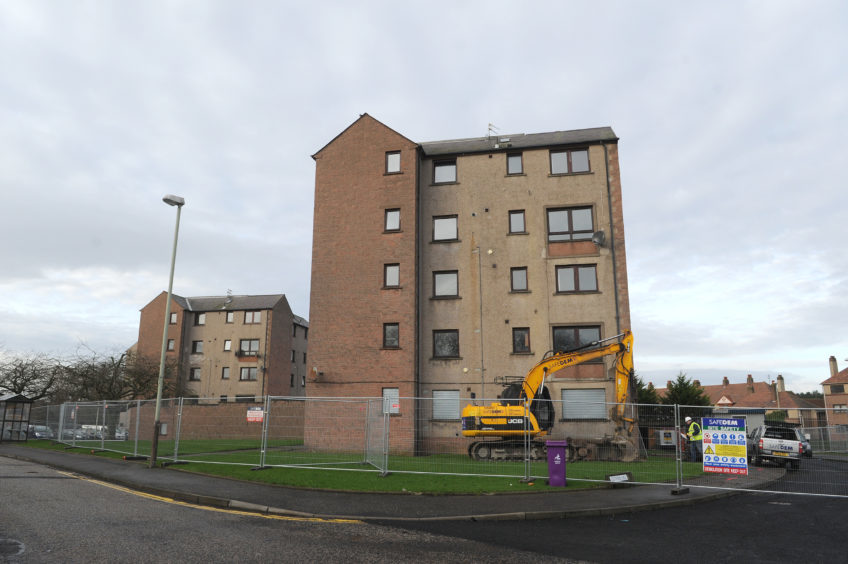Brexit uncertainty and concerns over the potentially damaging impact of UK Government welfare reforms have cast a shadow over Angus Council’s rent setting strategy, as tenants face a 4% hike for the coming year.
Under proposals going before councillors this week, the rise will see the area’s average rent increase to £66 per week.
Weekly rents will now range from £46.80 for a bedsit, to £125.58 for a 7 bed new-build house.
Steering group members had also expressed concerns that Brexit and welfare reforms may mean that wages could continue to lag behind inflation, signalling a move away from the four year phased rent restructuring cycle, which council officers had argued “aligned rents across the stock ensuring simplicity, clarity affordability” in favour of yearly reviews in the shorter term.
The majority of the 79 tenants who responded to the consultation exercise, chose the lowest increase of three options, which the council states is the minimum level of income needed to deliver the current business plan.
Report author John Morrow said: “Planned improvements in the existing housing stock include upgrading 2,250 heating systems at a rate of around 450 per year, which will focus on changing old electric systems and replacing old boilers.
“Some 3000 homes will also benefit from energy efficiency measures, including external insulation.
“The programme to deliver 7,000 new bathrooms over the next eight years is also due to be accelerated, with ambitious plans to see a new bathroom in every council home by 2026.
“Regeneration projects also figure in the future plans, with Timmergreens in Arbroath, redevelopment of land at Invertay House in Monifieth, and the utilisation of surplus land in Montrose.
“Construction of new-build homes under Affordable Housing Supply Programme aims to see the delivery of around 80 units per year over the next four years.
“The 4% increase will also extend to the St Christophers Travelling People Site, garages, garage sites and stores adjacent to garages.”
The report also projects that the proposed level of investment could generate economic benefit of £284m, creating and sustaining around 1800 jobs, as well supporting opportunities for at least 12 apprenticeship places.












